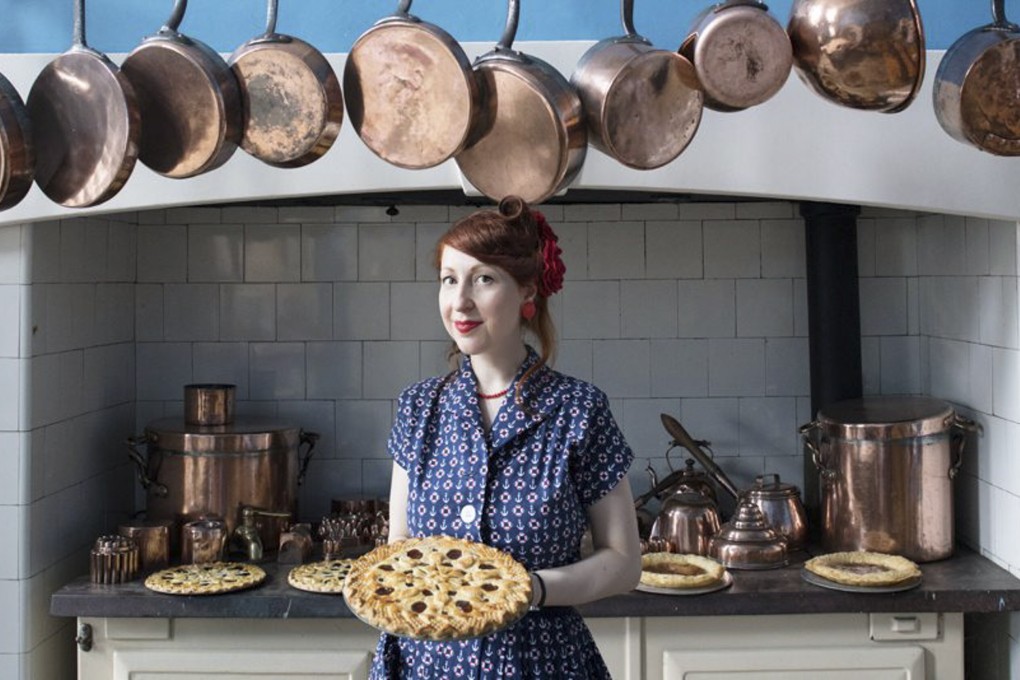Scones, buns, oatcakes and baps: the secrets to British baking, and how climate and trade make it different from north to south
- Food historian Regula Ysewijn explains how the climate affects what the British bake – flour in the north is made from oats and barley, and in the south wheat
- Trade brought the north sugar, currants, rum and sherry, used to bake things like Dundee cake, while the Cornish traded tin for saffron that they baked in cakes

Oats In the North, Wheat From the South by Regula Ysewijn
The title of the cookbook Oats in the North, Wheat from the South (2020) succinctly sums up the dividing line that the climate in Britain imposed on the crops grown there, and which in turn influenced baking across the British Isles.
Regula Ysewijn, a Belgian writer and food historian, writes in the introduction to the book, “The many bakes made with oats in the North tell the story of a rougher and wetter climate in the northern areas, where oats and barley were the most important crops because they could withstand the adverse weather. Here developed a culture for quick breads like soda bread, griddle cakes, oatcakes and scones, as well as paper-thin crispbread called Clapcake in Northern England and Scotland, which we usually associate with Scandinavia.
“The cakes of the North were usually heavily spiced, containing unrefined sugars and often rum or sherry. The large trading ports such as Dundee in Scotland and Whitehaven in the north of England traded with the Caribbean and Spain, making imports of sugar, rum, currants, sherry and other raw materials possible. The uniqueness of the Dundee cake therefore consists of these imported goods and it is not surprising that many gingerbreads, cakes and parkins also originate from these northern areas.

“Wheat is the grain ‘par excellence’ in the Centre, South and South-west because the climate is drier and the summers are longer. Saffron characterises the bakes in Cornwall. This south-west peninsula was a trading place for tin that, according to Slow Food UK, was exchanged for saffron and other goods. To meet the need for this mysteriously fragrant spice, saffron was also grown in Cornwall and in Essex around the town of Saffron Walden.”